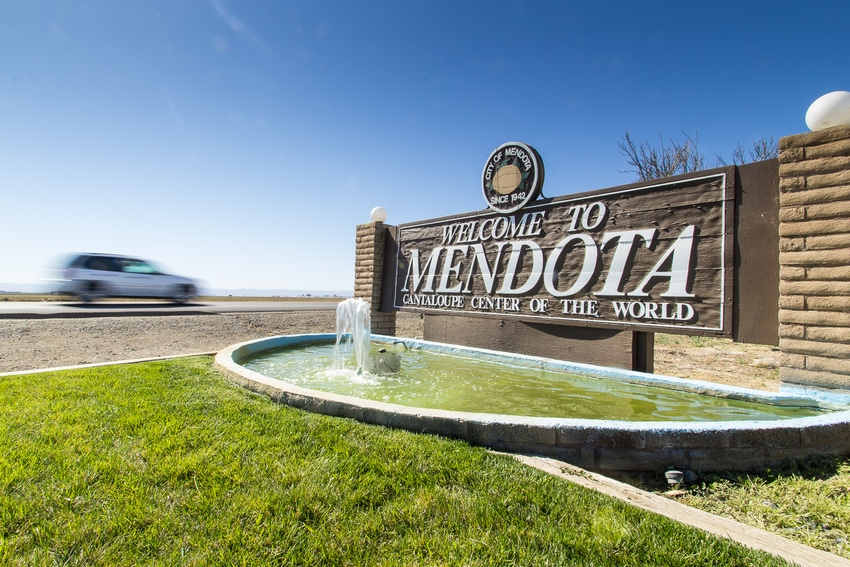
Nearly 30 percent of U.S. jobs and over $6.7 trillion in economic impact are in some way connected to the domestic production of agricultural goods, according to the "Feeding the Economy" study commissioned by 22 food and agricultural organizations.
The study reveals that these jobs are linked directly and indirectly to the farming, food manufacturing, wholesaling and retail sectors. Over 43 million jobs nationally with wages totaling close to $2 trillion and nearly $900 billion in taxes can be linked to domestic food and agricultural production.
Such numbers play a significant role in proposals to renegotiate the North American Free Trade Agreement (NAFTA), particularly for U.S. interests claiming that NAFTA needs an overhaul.
Farming in California and Arizona combined create over three million direct jobs and almost $400 billion in direct economic output from the combined sectors. Business taxes from farm-related activities in the two states combine for just over $1 trillion, the Feeding the Economy says.
In California’s 10th Congressional district which covers the Modesto and Turlock area in the northern San Joaquin Valley, over 85,000 jobs for a combined salary of $4.76 billion, with direct output over $24 billion-plus are attributed to the food and agriculture sectors.
That region alone is rich with facilities that process fruits, vegetables and nuts, and benefits from transportation corridors that quickly link to the Port of Oakland and a variety of air terminals.
These figures point to the need for better agricultural policy at the state and national levels.
Reports like this should become tools for commodity groups, the American Farm Bureau, and others to promote the important role national food policy plays in the economy and national security debates. The advantages of a sovereign nation with the complete ability to feed itself should be self evident.
The intricate web woven by food production and manufacturing in this country suggests that debates about land use, water policy and crop protection tools are important as we determine the value of water infrastructure in the two states and the need for safe and effective products to produce the kind of bug- and disease-free nuts, fruits and vegetables that consumers demand.
About the Author(s)
You May Also Like






